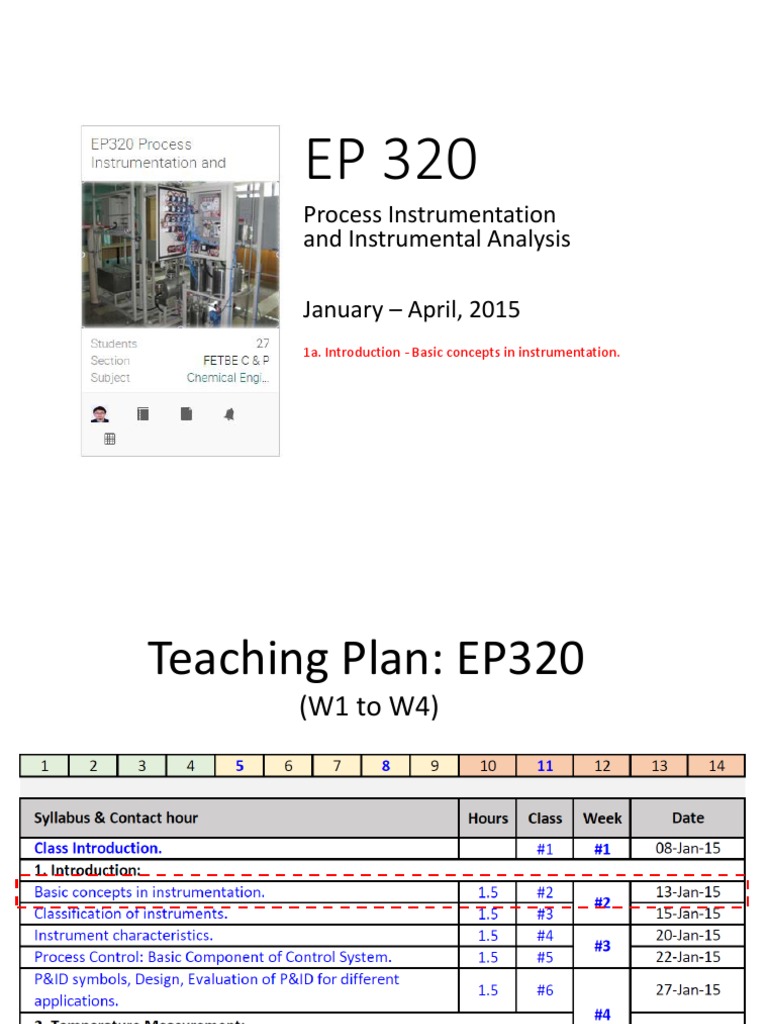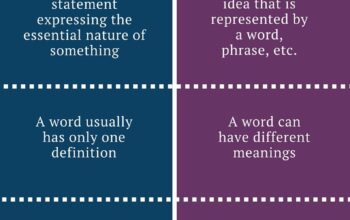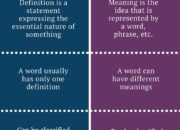Relearning the concepts of instrumentation can be both a challenge and an opportunity. Instrumentation is a cornerstone of scientific experimentation, facilitating precision in data acquisition and analysis. This article endeavours to elucidate a structured approach to reinvigorate one’s understanding of instrumentation, promising a transformative perspective that piques curiosity and emboldens inquiry.
To embark on this intellectual journey, it is paramount to recognize the foundational elements of instrumentation. Basic concepts revolve around the principles of measurement, the types of instruments employed, and the intricacies of signal processing. Revisiting these foundational aspects provides a robust scaffold upon which advanced knowledge can be constructed. Additionally, engaging in a paradigmatic shift encourages learners to embrace a multifaceted approach, moving beyond rote memorization towards holistic comprehension.
1. Embrace the Underlying Principles
Instrumentation is inherently governed by underlying physical principles. Begin by revisiting fundamental concepts from physics and engineering. Understanding the laws of thermodynamics, electromagnetism, and fluid dynamics can provide invaluable insights into how instruments function. For instance, thermocouples operate on the Seebeck effect, while piezoelectric sensors leverage the piezoelectric effect. A fundamental grasp of these principles will foster deeper comprehension of instrument behavior under various conditions.
2. Engage with Diverse Instrumentation Techniques
Instrumentation encompasses a myriad of techniques used across disciplines. Explore a comprehensive spectrum of instruments, from basic gauges to sophisticated imaging systems. This exploration should not only involve theoretical study but also practical engagement. Laboratory sessions, workshops, and simulations can provide hands-on experience, rendering abstract concepts tangible. Familiarize yourself with instruments such as oscilloscopes, spectrometers, and chromatographs, and observe their operational nuances.
3. Foster Analytical Skills through Data Interpretation
Data interpretation is a critical component of instrumentation. The ability to discern patterns, anomalies, and correlations within datasets leads to profound insights. To hone these skills, one might undertake exercises in statistical analysis and signal processing. Familiarization with software tools such as MATLAB, Python, or R can augment one’s capacity to analyze complex datasets. Furthermore, appreciation of quality control measures and uncertainty analysis will enhance one’s analytical rigor.
4. Delve into Case Studies
Case studies serve as invaluable resources for contextualizing instrumentation concepts. Investigating real-world applications not only enriches understanding but also inspires innovation. Engage with scholarly articles and technical papers that showcase the deployment of instrumentation in fields such as biomedical engineering, environmental science, and industrial automation. Reflect on the challenges faced and the solutions developed, capturing how theory is meticulously interwoven with practice.
5. Collaborate and Share Knowledge
Collaboration is an indispensable catalyst for learning. Form study groups, engage in discussions, or enroll in forums where instrumentation topics are dissected. Sharing knowledge and confronting differing perspectives can illuminate blind spots and broaden one’s understanding. Moreover, teaching concepts to peers can serve as a powerful reinforcement of one’s own knowledge, leading to enhanced retention and insight.
6. Descend into Technical Literature
In the realm of instrumentation, technical literature is both an oasis of knowledge and a labyrinth of complexity. Delve into textbooks, journals, and standards published by authoritative bodies. Engaging with this literature demands a meticulous approach; take notes, summarize key points, and formulate questions. Emphasize understanding nuances in terminology and context, as they often hold the keys to mastering the subject. Additionally, keep abreast of recent advancements and emerging technologies, for the field of instrumentation is perpetually evolving.
7. Integrate Interdisciplinary Perspectives
Instrumentation does not exist in isolation; it intersects with numerous disciplines including computer science, materials science, and data analytics. Embrace interdisciplinary approaches to enrich your learning experience. Explore how advancements in artificial intelligence are shaping data acquisition methods or how new materials are enhancing sensor capabilities. By integrating concepts from varied fields, one cultivates a richer, more comprehensive understanding of instrumentation.
8. Cultivate a Mindset of Continuous Learning
Finally, fostering a mindset of continuous learning is paramount. The landscape of instrumentation is dynamic and rapidly advancing. Embrace opportunities for professional development through workshops, online courses, and conferences. Joining professional organizations can provide access to invaluable resources, networking opportunities, and exposure to cutting-edge research. Continuing education not only adds to one’s skillset but also fuels curiosity and passion for the field.
As the quest to relearn the concepts of instrumentation unfolds, it becomes evident that this journey transcends mere academic pursuit; it is a pilgrimage of intellectual expansion. By approaching the study of instrumentation with an open mind and a structured methodology, one can unlock a depth of understanding that promises not only mastery of concepts but also a profound appreciation for the intricate mechanisms that underpin scientific inquiry. Equip yourself with the courage to explore, the curiosity to question, and the discipline to learn, and embark on a transformative journey through the fascinating world of instrumentation.










